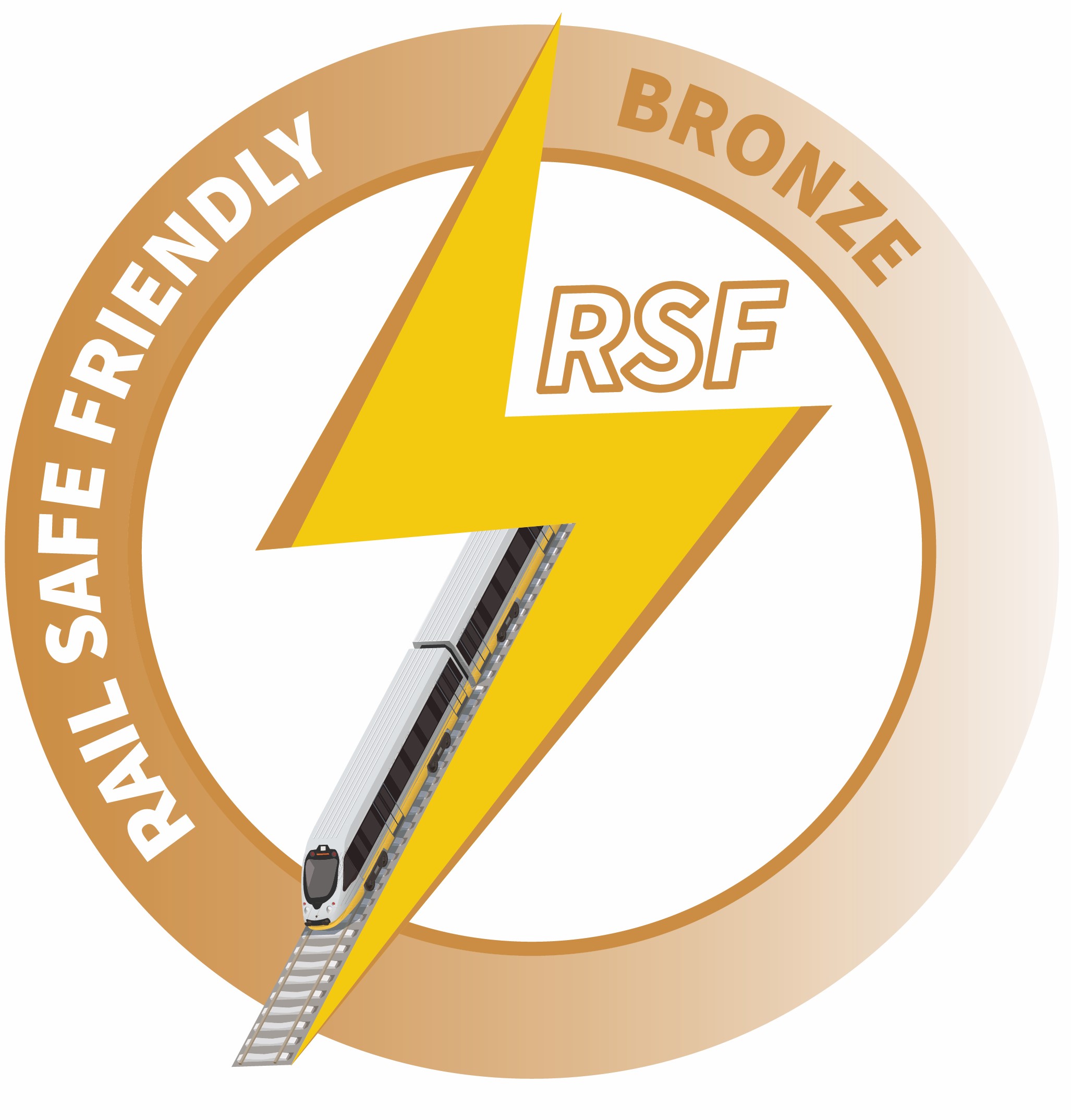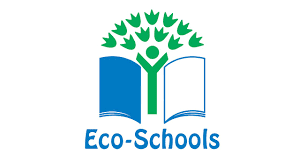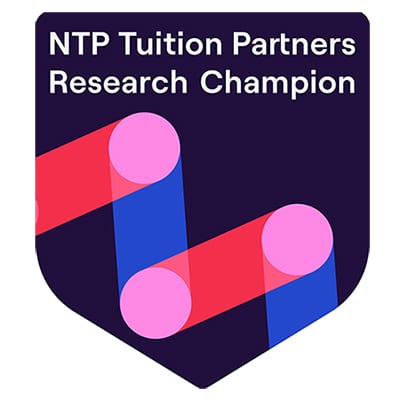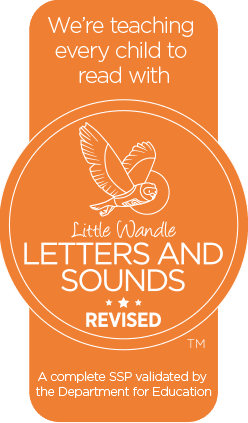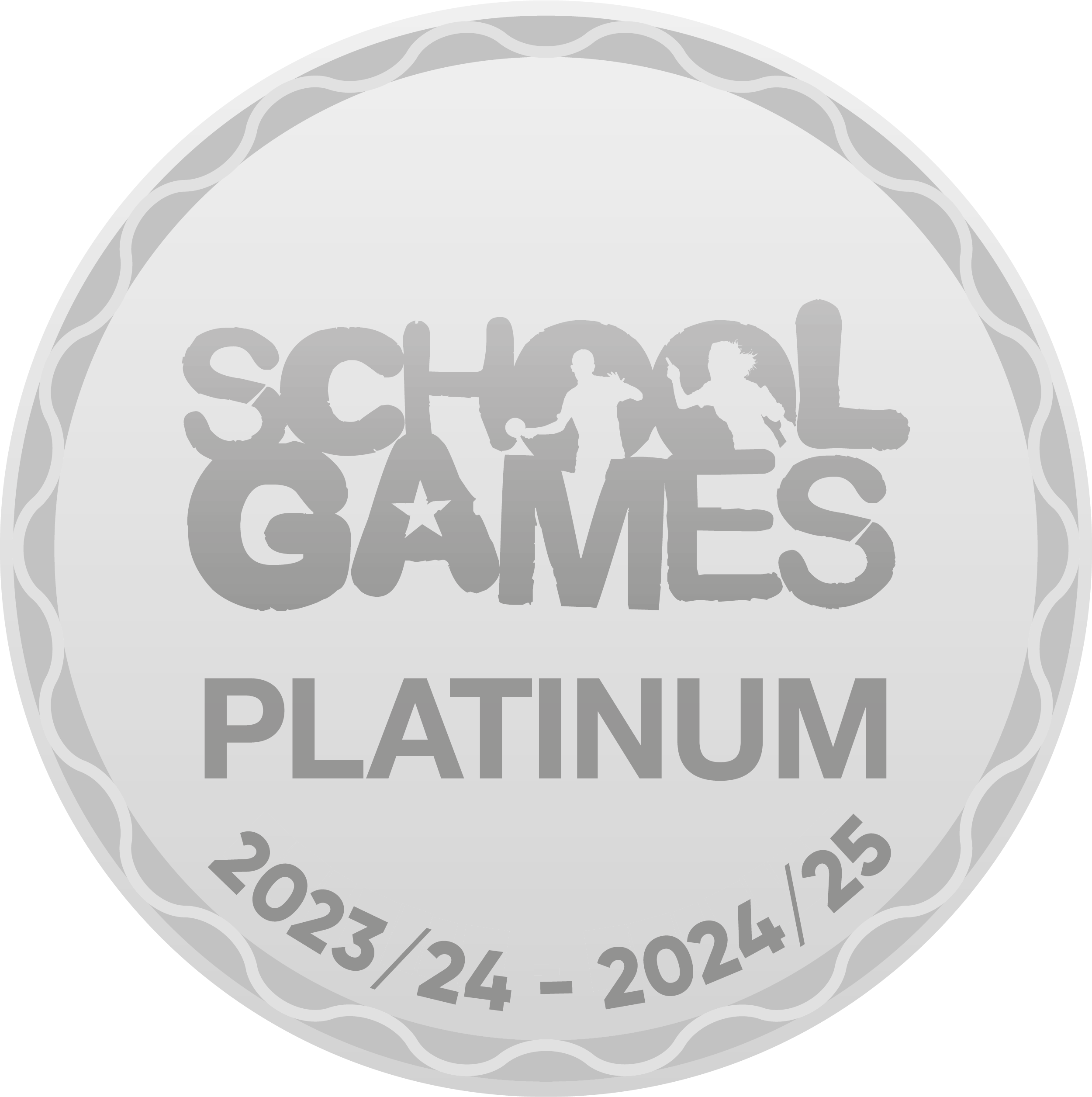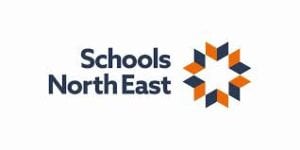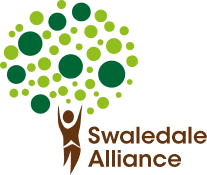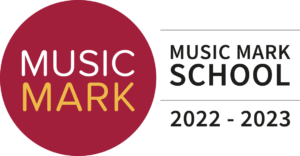| Reading Policies & Documents | Download |
| National Curriculum – English | Download |
| Progression in Reading | Download |
| Reading Long Term Plan – Core Text Overview 2022 – 2023 | Download |
At Applegarth Primary School, it is our intention to provide our pupils with a high-quality education in reading so that they leave primary school as motivated and competent readers who can recommend books to their peers, have a thirst for reading a range of genres including poetry, and participate in discussions, including evaluating an author’s use of language and the impact this can have on the reader.
We want our pupils to read fluently, and with confidence, in any subject in their forthcoming secondary education. Reading is an essential skill and we ensure that there is a plethora of reading opportunities across the curriculum, each day.
Phonics will be emphasised in the early teaching of reading to beginners. We intend to encourage all pupils to read widely across both fiction and non-fiction to develop their knowledge of themselves and the world in which they live, to establish an appreciation and love of reading, to gain knowledge across the curriculum and develop their comprehension skills.
We want to create an environment where children have a love of literature and believe that reading for pleasure is vital, and we will ensure we create a love and an enthusiasm of reading in each classroom. We are committed to creating vocabulary rich reading materials and “aim high” with our reading aspirations.
Implementation

Phonics and Early Reading
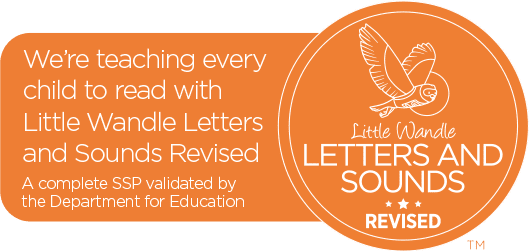
Little Wandle Letters and Sounds Revised (a DfE validated SSP) is our chosen systematic, synthetic phonics programme. Our phonics teaching begins with a strong start in Reception and follows a very specific sequence that allows our children to build on their previous knowledge and master specific phonic strategies as they move through school. We timetable daily phonics sessions for any child who is in Year 2 or 3 who is not fully fluent at reading, or has not passed the Phonics Screening Check. More information about our Phonics and Early Reading approaches can be found here.
Developing an understanding of reading begins in reception and KS1 with our pupils accessing expert, adult-led reading practice sessions which are centred around a progressive, weekly three-read approach. Each session has a clear focus so that the demands of the session do not overload the children’s working memory. The reading practice sessions have been designed to focus on three key reading skills: decoding, prosody and comprehension.
Reading Beyond Phonics (Year 2 and Key Stage 2)
In KS2, we expect all pupils to be ready for our whole-class reading sessions which are undertaken daily. The focus here is on vocabulary development, the development of specific reading skills, reading comprehension, reading fluency with increasingly challenging texts and immersion in a wide range of texts. These lessons use class novels, extracts, non-fiction texts, poetry and songs as a stimulus for deeper thinking. By using a range of fiction, non-fiction texts and poetry, we further develop contextual knowledge and understanding.
Our whole-class reading sessions follow a five step approach. Having this structure ensure that pupils are regularly exposed to new vocabulary and strategies to understand it, that they are given opportunities to regularly develop their fluency and retrieval, and that they are given time to focus on an aspect or aspects of the National Curriculum to develop their confidence and understanding.
To aid the recall of the key content domain in KS1 and KS2, the acronym VIPERS is used to support both teachers and pupils being familiar with a range of questions encountered when comprehending and understanding a text. This approach is not used in isolation, nor as a scheme – it is a whole school approach to reduce cognitive load with teaching and learning focused on the key content domains from the assessment frameworks.
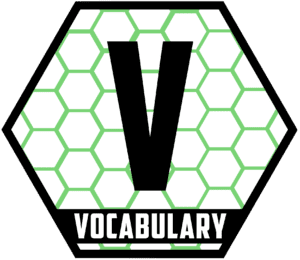


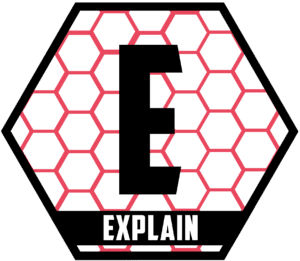


High-quality texts are used across school as they expose our children to a wider range of vocabulary, syntax and sentence structures. Our staff have carefully curated ‘Read to Me’ books (Reception and KS1 sharing stories) and classroom libraries which are filled with high-quality, interesting and relevant texts which pupils access regularly. We choose books carefully as we want children to experience a wide range of books, including books that reflect the children at Applegarth Primary School and our local community as well as books that open windows into other worlds and cultures.
Furthermore, writing across school is based on high-quality core texts. Texts which are used for exploration around children’s interests and our wider curriculum. Writing processes are carefully selected to immerse children in rich vocabulary, and ignite a deeper love of reading for a particular author or genre. We readily review our use of core texts and make adaptations suitable to individual class needs and interests. Our sequential Three Cs Approach to writing focuses on the development of word- and sentence-level understanding, with many activities making use of the skills that will enhance pupils’ comprehension of written language.
Creating a Reading for Pleasure School
We are committed to developing a lifelong love of reading for all of our pupils. Staff encourage reading for pleasure by:
- Reading out loud to children at least once a day.
- Providing time and space for children to share their recommendations and opinions as well as a quiet space to read (unique reading corners in every classroom).
- Encouraging reading at home. In the early stages of reading, children access the eBook /physical book they have practiced in their reading practice sessions (a book that closely matches the letter-sound correspondence) as well as a ‘Read to Me’ to share and enjoy with adults at home.
- Children across KS2 take home books from their classroom libraries with the support and guidance of their classroom teacher to ensure it is accessible.
- ‘Book Club’ in key stage two has further energised pupils’ desire to read and discuss the books they are interested in. When appropriate, ‘Book Club’ is introduced to Year 2 using early chapter books.
- The reading mascots introduced in autumn 2022 have increased uptake in home reading and pupils (and parent) voice supports the success of this initiative in fostering a love of reading.
- Developing children’s rich ‘reading diet’ and knowledge of literature. Children are given the opportunity to personally respond to texts, debating and developing links to other texts, author and prior knowledge.
- Designing inviting book corners and classroom libraries.
- Facilitating digital author visits.
- Community events such as the Bedtime Stories evening.
- Sharing our reading newsletter and recommendations with pupils.
- Visiting and engaging with our local library through visits and their reading events.
Reading Newsletters
Impact
Refer to the School Performance page.

